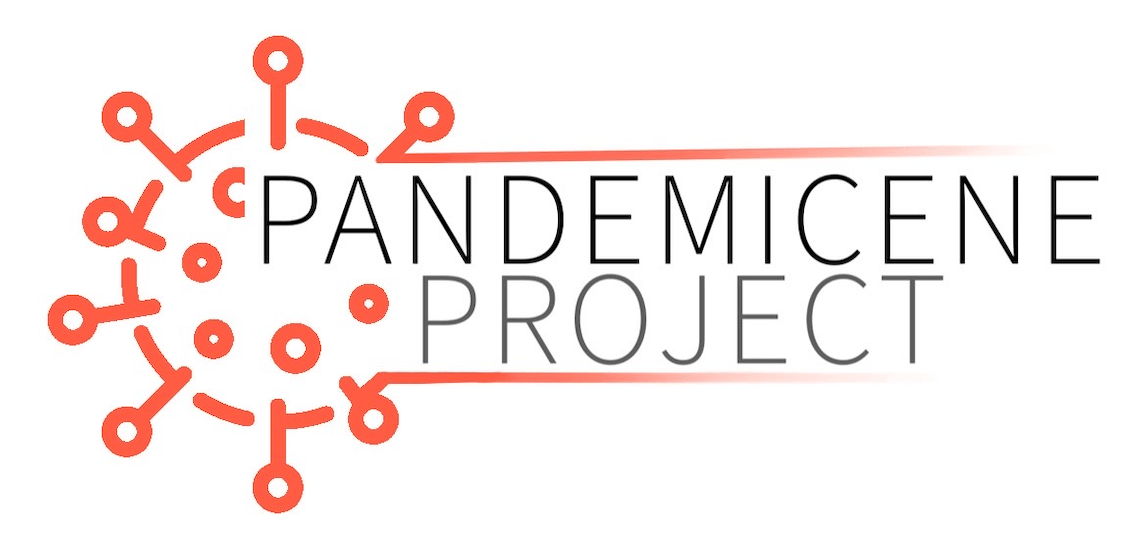by Maryam Nazir
As we are now adapting to life alongside the coronavirus, it is clear this virus is not simply a one hit wonder. Governments across the world are now enacting policies anticipating the inevitable realities that this virus is far from over, policies that hope to reshape the way we organize and function within a society. Though once we looked at ethical frameworks solely within the scope of public health institutions, with a society gearing to run alongside this novel virus, we must pay attention to the various dilemmas that shall form through and around it.
Healthcare triage protocols have been outlined and framed by many reputable organizations including the CDC, the U.S Department of Health and Human Resources, and more. What we haven’t paid attention to are the various ethical ramifications that fall outside the scope of ventilator access and available ICU beds.
Rana Zoe Mungin, a 30-year-old African American middle school teacher from Brooklyn, died in late April after repeatedly being denied testing for this new virus.[1] Her month-long battle echoes similar cases in the healthcare industry that affect Black people, including the case of Mungin’s own sister who passed from an asthma attack at the same hospital fifteen years prior.
Racial disparities in the healthcare industry are certainly not new to the Black community and communities of color. We have seen statistic after statistic outlining the racial disparities between white women and women of color during childbirth for years now, so these developments are far from surprising to the communities it has affected. However, it is critical we examine ethical implications from both within the walls of our healthcare facilities to outside of them.
Decisions on who gets access to ventilators is not simply the be-all-end-all of ethical healthcare frameworks amidst this pandemic. Comprehensively, we see ethical dilemmas resulting from contact tracing, testing, to even policies that frame responses by our institutions. In areas where we see shortages in healthcare resources, we also see shortages in testing. Where we see shortages in testing, and subsequently higher cases of the coronavirus, we also see greater concentrations of essential workers.[2] And it is clear which communities are the ones forced to do our essential work. The ethical dilemma chain in this country can be traced to system after system, industry after industry.
Frameworks are indeed illustrated by academics and government organizations alike in order to assist the burden being placed upon healthcare professionals. The problem with this methodology is exactly that- the burden is being placed upon healthcare professionals rather than universal standards agreed upon and implemented comprehensively. In areas most vulnerable to bioethics and human rights violations, we have seen UNESCO (the United Nations Educational, Scientific and Cultural Organization) adopt a Universal Declaration on Bioethics and Human Rights to be implemented in Kenya and Africa. Placing universal guidelines in these areas pushing for equitable and ethical frameworks for especially vulnerable populations is something we must look into in the wake of this pandemic. The U.S is at risk for breaches of bioethical violations, as the majority of ethical framework policies and decisions lie upon the hospitals themselves rather than universally agreed upon policies implemented throughout a region. Disparities between racial groups, hospitals, and geographic locations should simply not exist within the realm of objective medicine. And women like Rana Zoe Mungin should not have to be the collateral damage of a country grappling with the now serious consequences of healthcare inequities we have been running from for years.
It is clear this virus as a virus can affect anyone, but funneled through the policies, systems, and institutions of this country, this virus is almost being directly aimed at communities most vulnerable and least equipped with necessary resources. Taking into account how ethical frameworks extend far beyond the walls of any healthcare institution, and the need for universally agreed upon standards for bioethics and triaging techniques is where we now must pivot our discussions. This country is now being directly confronted by issues that have been overshadowed, scapegoated, and outrightly ignored for years. It is time to act- not only for the sake of those in this pandemic, but for the sake of our future generations in crises to come.
[1] Mitropoulos, Arielle, and Mariya Moseley. “Beloved Brooklyn Teacher, 30, Dies of Coronavirus after She Was Twice Denied a COVID-19 Test.” ABC News, ABC News Network, 28 Apr. 2020, abcnews.go.com/Health/beloved-brooklyn-teacher-30-dies-coronavirus-denied-covid/story?id=70376445.
[2] “Data Show COVID-19 Is Hitting Essential Workers and People of Color Hardest.” ACLU Massachusetts, 8 Apr. 2020, www.aclum.org/en/publications/data-show-covid-19-hitting-essential-workers-and-people-color-hardest.
